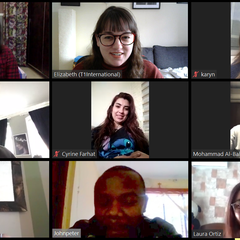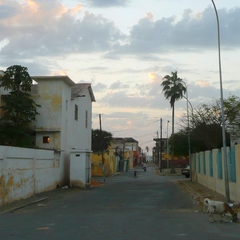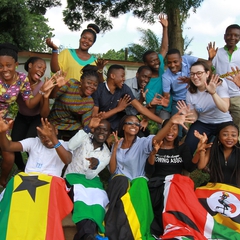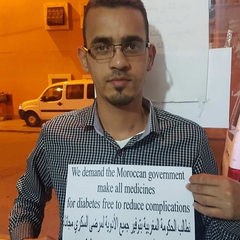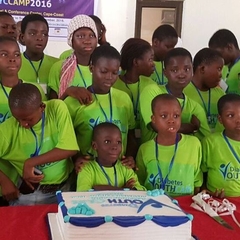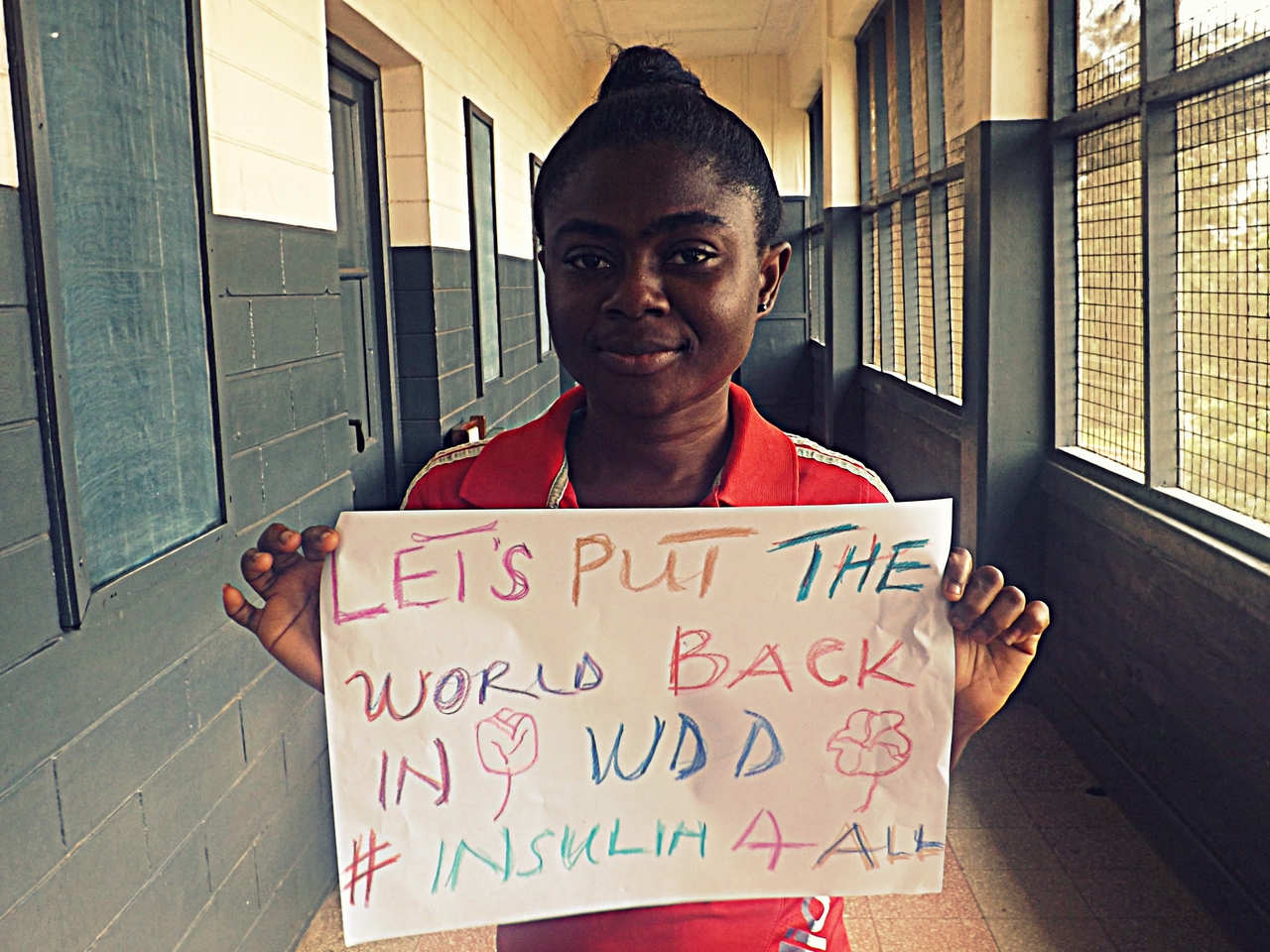
Four Challenges of Life with Type 1 in Ghana
28 Mar 2016, 2:42 p.m. in Global Stories by Yaa Bimpeh Amoah
Diabetes is responsible for thousands of disabilities and deaths in Ghana. The health system has not matured to manage diabetes effectively, especially type 1 diabetes. Studies available on type 1 diabetes care in Ghana are almost non-existent.
Understanding of the disease is less than satisfactory among patients, leading to delayed recognition of complications. Awareness thus is very low among the populace. The cost of treatment, need for lifelong medication, coupled with limited availability of diabetic supplies in the public sector and cost in the private sector are barriers for treatment compliance. The challenges type 1 diabetics in Ghana face are many, including lack of access to insulin, education about diabetes, cost of management and supplies, stigmatization, etc.
Education
In Ghana, just like in most developing countries, chronic diseases such as type 1 diabetes have not been recognized until recently. Taking care of people living with diabetes is difficult due to lack of resources. There is a limited educational system to train people to become specialists, diabetes educators etc. Only a few professionally trained diabetes management service providers are available, and access to their services is difficult since it costs several hundred Ghanaian cedis. Providers are not always aware of the most effective interventions and tend to spend more time on acute management than chronic care.
Widespread lack of knowledge about type 1 diabetes care impedes patients’ ability to manage their condition.This inadequate or lack of basic type 1 diabetes knowledge therefore leads to neglect in the treatment and management of diabetes, with patients stopping their treatments for several months which results in life-threatening complications. Educational activities for people with type 1 diabetes are practically non-existent. The barriers include lack of time, cultural and economic constraints, the lack of availability of treatments and funds, the cost of food, and the lack of training for healthcare providers.
Most patients are also not well informed as to the right nutrition available for type 1 diabetics. They sometimes follow their prescriptions and insulin regimens while neglecting the importance of the various food groups which are required for healthy growth and development. Our diets are mostly carbohydrate based and portions are not at all adhered to, therefore carbohydrate counting is rarely done.
Stigmatization
In Ghana, the population holds a certain prejudice against persons living with diabetes. Out of ignorance of the condition, type 1 diabetics are seen and perceived as suffering from an evil disease that has befallen them. Widespread perceptions are that the disease is contagious and merely having close contact with a diabetic could result in contracting it. If a diabetic is injecting insulin, people assume they are abusing hard drugs.
Access to Insulin
Insulin is not available to every diabetic in Ghana. For those in the rural areas, access to constant supply of insulin is almost impossible. People living with type 1 diabetes have to travel from far places in order to obtain their insulin. Available ones are too expensive for universal affordability. Though the National Health Insurance Scheme (NHIS) provides patients their insulin, it is only a part payment of the total cost. Insulin pens and pumps are very expensive. These items are almost surreal to us and most diabetics have never seen them before.
In a country such as Ghana with its erratic power supply, keeping insulin cool is another issue a diabetic has to contend with. Patients who are able to afford insulin have trouble preserving it because there is inconsistent supply of electricity.
Diabetes Supplies
In Ghana, type 1 diabetes is termed as a rich man’s disease. A look at the situation makes that term a true reflection of the disease because diabetes supplies such as glucometers, test strips, syringes, urine/ketone testers etc. are expensive and the NHIS does not cover any payment for other diabetes supplies. In some cases people have to pay for their treatment in full. More than 70% of people may never test their blood sugar levels on a long-term, regular basis. Supplies are so expensive that many people living with diabetes turn to the use of herbs which are not credible and cost them their lives.
In conclusion, type 1 diabetics in Ghana are bedeviled by a number of problems. Lack of education about diabetes, stigmatization, inadequate access to and costly insulin and supplies make life with diabetes in Ghana difficult. However, with the ever changing world, I have hope for more education, awareness an increased support for people living with type 1 diabetes in Ghana.
Yaa has had type 1 diabetes since age 14. She is a General Nurse working with a Government Hospital in Tarkwa, the Western Region of Ghana. She has a goal of one day becoming a diabetes educator. As a practicing nurse, she is very interested in diabetes awareness. Yaa is also a member of Diabetes Youth Care (DYC), a local organization in Ghana which aims to reach out to Ghanaian youth living with diabetes.




